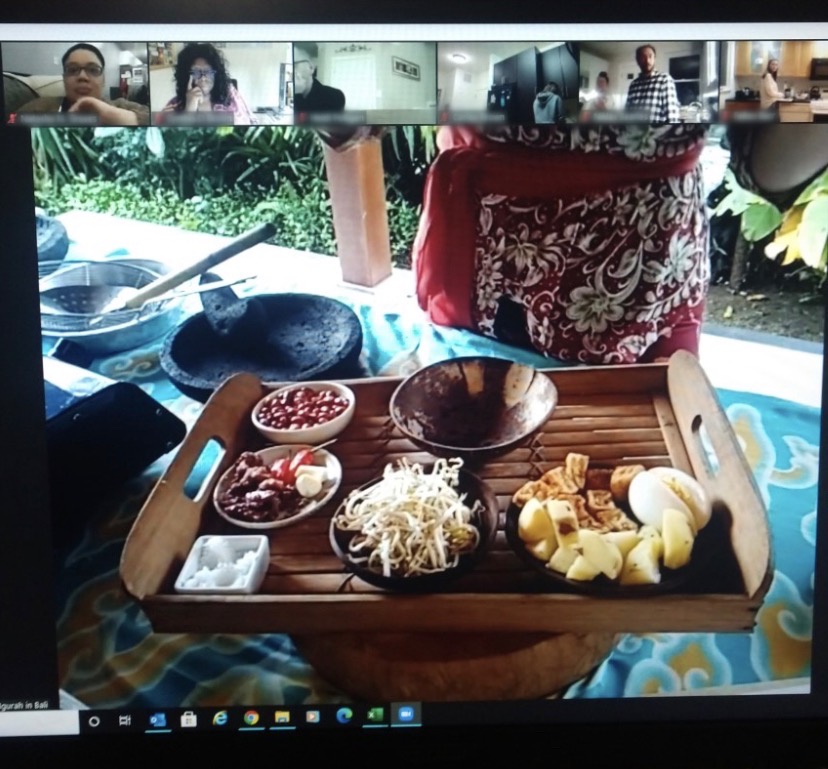After more than a year of exclusively teaching virtually, many faculty have mastered the art of Zoom polls and breakout rooms. But while a wider return to in-person teaching seems to be in sight, faculty members don’t plan on leaving everything from the past few semesters behind.
Here are some of the lessons Fox faculty members learned during virtual teaching that they intend to carry with them back to the classroom.
Bora Ozkan, associate professor of finance and academic director of Online MBA*
A lot of professors I’ve talked to, especially at the Fox School in our online classes, did “flipped” classrooms, meaning we allowed students to watch the lectures and study before coming to class. We’d then spend the class time reinforcing those learning outcomes. I think a majority of the faculty saw the benefit of that and how much they can actually achieve. Even though it’s a three-hour class, if they can make the student come prepared to class, they can have a much more effective experience. So I think one of the biggest things I see is using the flipped classroom.
Amy Lavin, assistant professor of management information systems and academic director of the Master of Science in Digital Innovation in Marketing*
I’m going to keep bringing in guest speakers. Prior to the pandemic, in a physical classroom, I brought them into the classroom face-to-face, but what the pandemic did was enable me to bring in guest speakers from everywhere. So I will try to bring in a wider variety of guest speakers through Zoom and interact with students. I did that a couple of times before, but not as often. I think it will work well now because everyone is comfortable with working in Zoom.
Sheri Lambert, assistant professor of marketing, academic director of the Master of Science in Market Research and Insights and managing director of Center for Executive Education*
Through the use of video and other technology, students can be immersed in a foreign country. They can learn about conducting business in that country, as well as the nuances of the culture — all from their apartment or dorm room. In spring 2021, I taught a virtual immersion to Cairo, Egypt. I had business experts “visit” our students in the classroom. The students participated in hands-on cultural activities, such as Egyptian coffee sampling, belly dancing lessons and finger cymbal instruction.
Regardless of the tools used in online learning, the key to a successful virtual experience is technology and engagement. I brought the world to the classroom by expanding class topics and guests beyond local issues. This type of learning allows students in online classes to make connections and friendships with people in other parts of the world and learn skills to work in international teams. They were truly engaged. This is the type of Experiential Learning and teaching that I plan to continue when we move in person in the fall.
Carly Papenburg, director of instructional design
While polling tools have always been around, I think that, after the necessity of using them in the Zoom classroom, they will be brought back into the live classroom. It will engage the students more and keep them on target. So I think that’s one tool that, while not new but not as used, will likely be implemented more.
There’s also a lot of front loading that needs to happen with online learning for it to be effective. It’s preparing class activities, preparing videos and really organizing yourself. It’s different than when you come in and lecture.
So once you get that organized and set up, making adjustments and additions each semester is easier because you have this reliable base to go from. It almost becomes easier than teaching on campus because you have this go-to set of activities. So when you have these videos and lectures, you can do more fun things and creative things in class, like role-play and guest speakers. As faculty come out of online teaching, they will have these assets that they’ve developed and can implement on a regular basis in their in-person classes.*These faculty members participated in the Temple Center for International Business Education and Research (CIBER)’s virtual Faculty Development in International Business (FDIB), a program that ran from May 24 to June 4, 2021. It covered topics such as artificial intelligence, machine learning and their ethical implications in various business fields.
